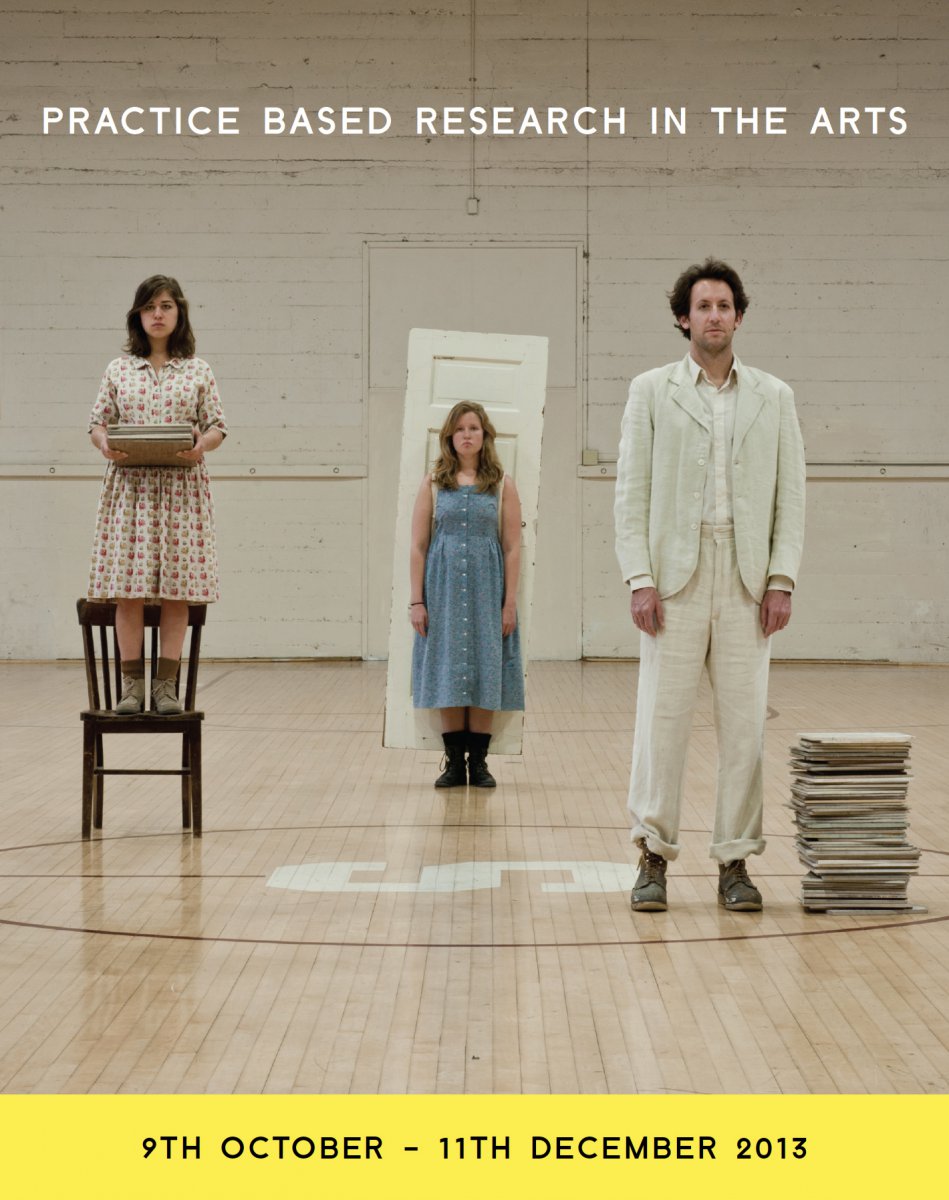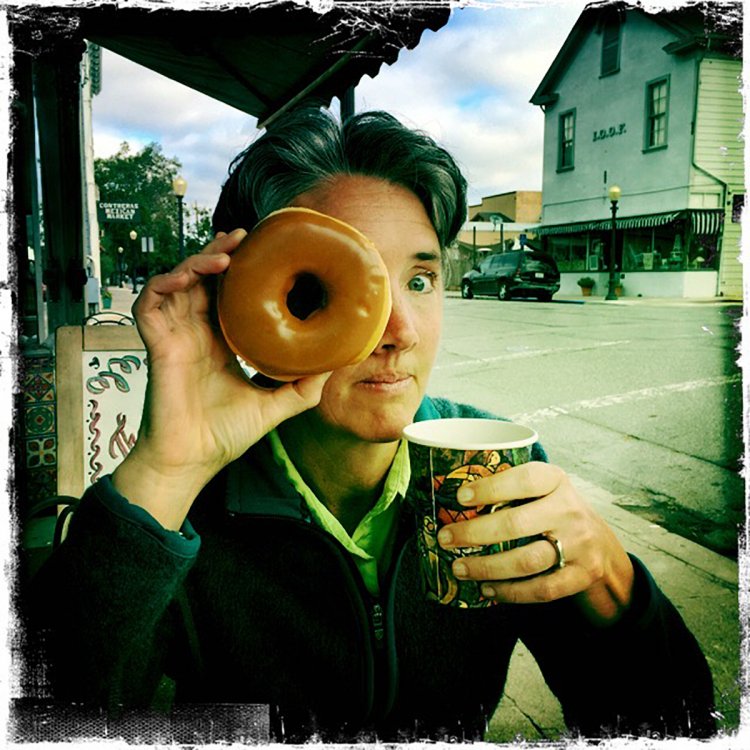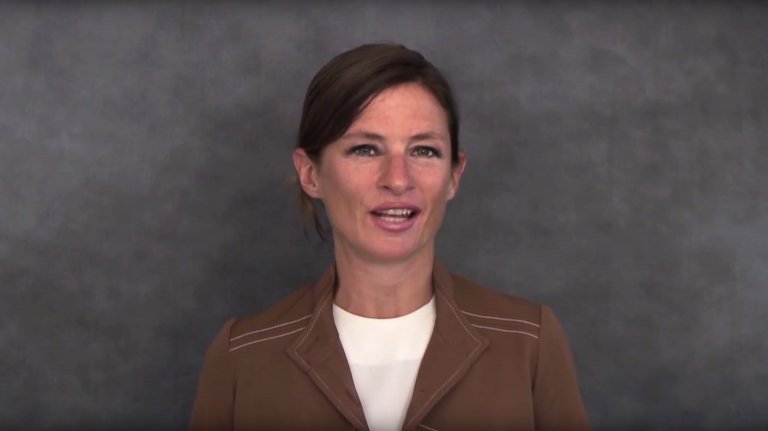Practice Based Research in the Arts
A unique online course and multi-platform site dedicated to an interrogation of practice-based research in the arts.
This class first ran as an online MOOC (massive open online course) funded by a Stanford Online teaching award for over 5000 national and international students in Practice-Based Research in the Arts, challenging artist scholars from a wide range of backgrounds to think critically about the different methodologies and forms of knowledge production implicit in their practices. Students participated from over 30 countries in Africa, the Middle East, East and South Asia, and North and South America, Europe and Australia.
Users uploaded documentation and excerpts of work in progress alongside weekly reflections with an emphasis placed on the intersections of creative and critical methodologies. The course centered on creating an opportunity for students to develop frameworks (context, tools and networks) which enhanced their ability to articulate practical-creative research within academic contexts. The online nature of the course stemmed from a desire to create an open forum for artist-scholars, national and international, who wished to participate and form a convivial creative community of arts practitioners within research contexts.
The MOOC ran for 10 weeks, from October to December 2013. Find more information on the MOOC website.
Practice Based Research in the Arts MOOC
“In 2013 I completed an intensive 12-week MOOC in Practice Based Research in the Arts, designed and presented by Helen Paris and Leslie Hill, co-ordinated by NovoEd/Stanford Online, department of Theatre Studies & Drama. To say that this MOOC had a profound effect on my practice is not to overstate the case. (In fact, I stop just short of “life changing”, but only because several-hundred-too-many Reality TV shows have sucked the sincerity from this claim!) The course was offered free of charge and Massive, indeed, was the uptake. Furthermore, it did not suffer the early-weeks’ subscriber fall-out that many free online MOOCs are prone to, tumble-weed blowing through their virtual classrooms by week 3.
The PBR course comprised a series of 12 weekly presentations, delivered as video-lectures, by various artist-scholars who employ performance-based methods in their practices. Each lecture was accompanied by a task or set of tasks, some of which were to be individually undertaken and some to be completed as group assignments. For me, the course offered a sense of creative and critical community that I’d been missing for ages – a community to which I consider myself accountable as an artist. (In my experience, while the proverbial “pram in the hall” does not crush my creativity, it sure does act as an obstacle to getting my creative head out the front-door!). The design and format of the course facilitated the co-operation of serious academic study simultaneous with caring for a young family.
Having ‘graduated’ from the PBR MOOC in December 2013, a small group of ‘ex-students’ extended our contact as a group, meeting monthly in a Google Hang-Out environment, with the aim of continuing to support a conversation around themes and issues arising out of the PBR MOOC process. Collectively and individually, we shared an interest in how courses such as the PBR MOOC (which seems to have been unique in terms of both its content and structure) can influence change in existing models of higher-level art education, artistic research and professional practice.”
Ciara Finnegan
“The content and order of assignments for the course were appropriate, useful, challenging, and helped me immensely in crafting my specific project and articulating my artistic process so far. Helen and Leslie (the class was team-taught) really push students to delve further into their artistic choices through the variety of exercises and assignments they offer. They also make sure that the working space is a safe one, and so I think that students feel comfortable to respond to questions and try new things with their material. Overall, I would say that the assignments and tasks assigned reflect a thoughtful, supportive, and rigorous approach to the work. I’ve learned quite a lot about my process as an artist and as a scholar through their feedback and assignments.”
PBR student
“The online component of the course was especially useful for me. Not only did I continue to work outside of the classroom on my project as a result of the online coursework (which was necessary in order to prepare for the upcoming quarter), but I also found the artists the instructors invited to speak on the site incredibly helpful, engaging, and informative. The team members I met through the online course were also incredibly important in giving feedback and they were very supportive of my work. It was a rich and challenging experience overall.”
PBR student
“Very much appreciated and learned from the contemplation encouraged from assignments. I was able to digest, formulate my thought/opinion and actively engage with it by “making” something out of my response, simultaneously to theory and praxis. Very exciting journey.”
PBR student


